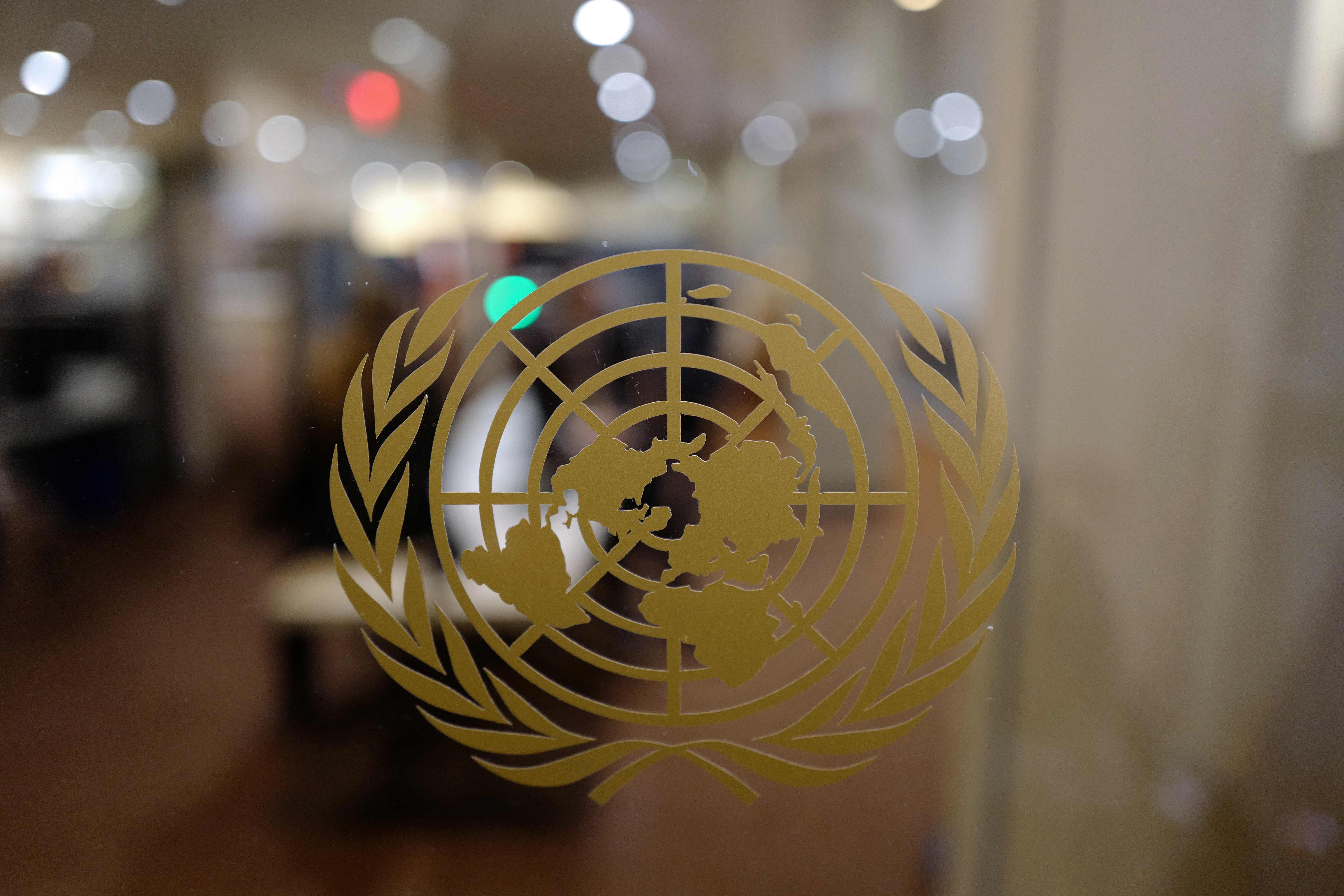
After a Special Rapporteur of the United Nations referred to alleged discrimination against Muslims in India in a recent report, New Delhi accused him of being biased towards “a community”, which itself “unleashed horrors against the minorities” in other countries in South Asia.
New Delhi has been highlighting and protesting atrocities on minorities in Pakistan after Imran Khan’s government in Islamabad launched a global campaign alleging growing Islamophobia and persecution of Muslims in India. An officer of the Indian Foreign Service (IFS), however, on Tuesday alleged that the UN Special Rapporteur in a recent report “cherry-picked incidents relating to only one religious community” in India, while the “same religious community” was “unleashing horrors against the minorities” in the neighbourhood “through forced conversions, pursuing targeted persecution under the draconian blasphemy laws, issuing fatwas against construction of places of worship and being a partner in desecration of gravestones of sectarian minorities”.
Ahmed Shaheed, UN Special Rapporteur on Freedom of Religion or Belief, briefed the Third Committee of the General Assembly of the international organization about his works during a virtual session on Tuesday.
The Third Committee of the UN General Assembly deals with social, humanitarian and cultural issues.
Shaheed presented an annual report, which referred to the Citizenship Amendment Act (CAA) that Prime Minister Narendra Modi’s government in New Delhi brought into force in December 2019. He pointed out in the report that the CAA was designed to expedite grant of citizenship to religious minorities - Hindu, Sikh, Buddhist, Jain, Parsi and Christian immigrants - coming to India from Afghanistan, Bangladesh and Pakistan. Those opposed the new act argued that it was unconstitutional, as it based citizenship on the religion of a person, which would further marginalise 200 million Muslims of India, he noted.
He also referred to the reports of alleged police inaction on cases of mobs destroying property and businesses of the Muslims and violently attacking the Muslims. “There have also been reports of police officers directly attacking Muslims. In one incident, police officers were seen on video beating a group of five Muslim men who had been injured during a mob attack in Delhi and ordering them to sing the national anthem,” he noted.
Ashish Sharma, First Secretary of the Permanent Mission of India to the UN in New York, conveyed New Delhi’s objection to the report, alleging that the Special Rapporteur had used a broad brushstrokes to over-generalise and over-simplify the plurality across the country. “How conveniently the Special Rapporteur has chosen to selectively ignore the plight of other religious minorities and has only focused on the plight of one! Does this demonstrate his inherent bias?” Sharma, who joined the IFS in 2009, asked. He wondered if the report was influenced by a hidden agenda. “India represents a sixth of the humanity and is a multi-religious, multi-ethnic and multi-lingual country anchored in the principle of democracy, pluralism and rule of law,” he said, registering New Delhi’s objection to the report presented by the Special Rapporteur.
The UN High Commissioner for Human Rights, Michelle Bachelet, too on Tuesday expressed concern over use of Foreign Contribution Regulation Act (FCRA) to constrain the activities of the non-government organisations in India.
The statement from the top UN human rights official came days after Prime Minister Narendra Modi’s government in New Delhi froze the bank accounts of the Amnesty International and the organization had to shut down its operations in India. New Delhi, however, dismissed the statement, with the Ministry of External Affairs (MEA) stating that violation of law by the NGOs could not be condoned under the pretext of human rights.
